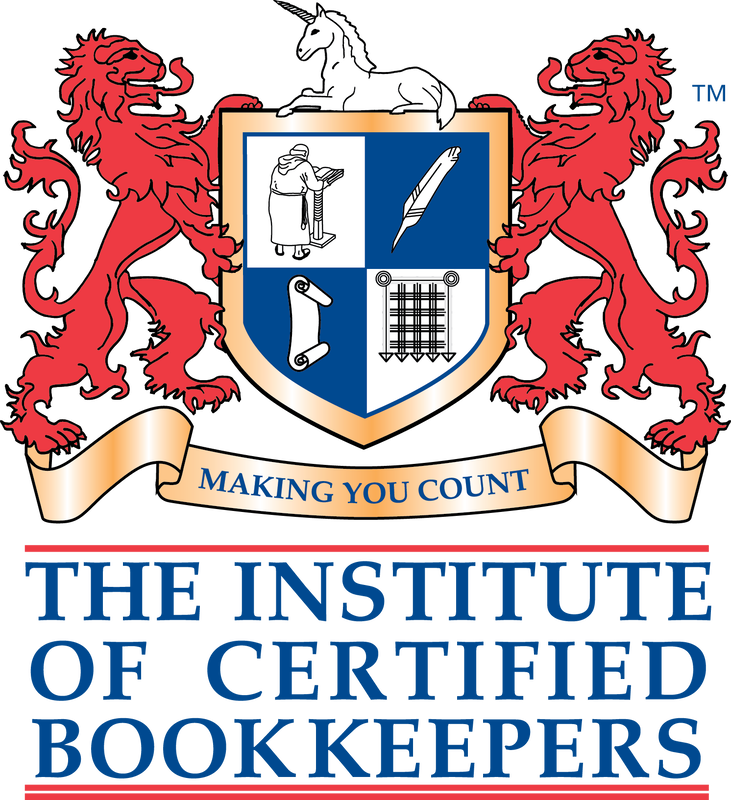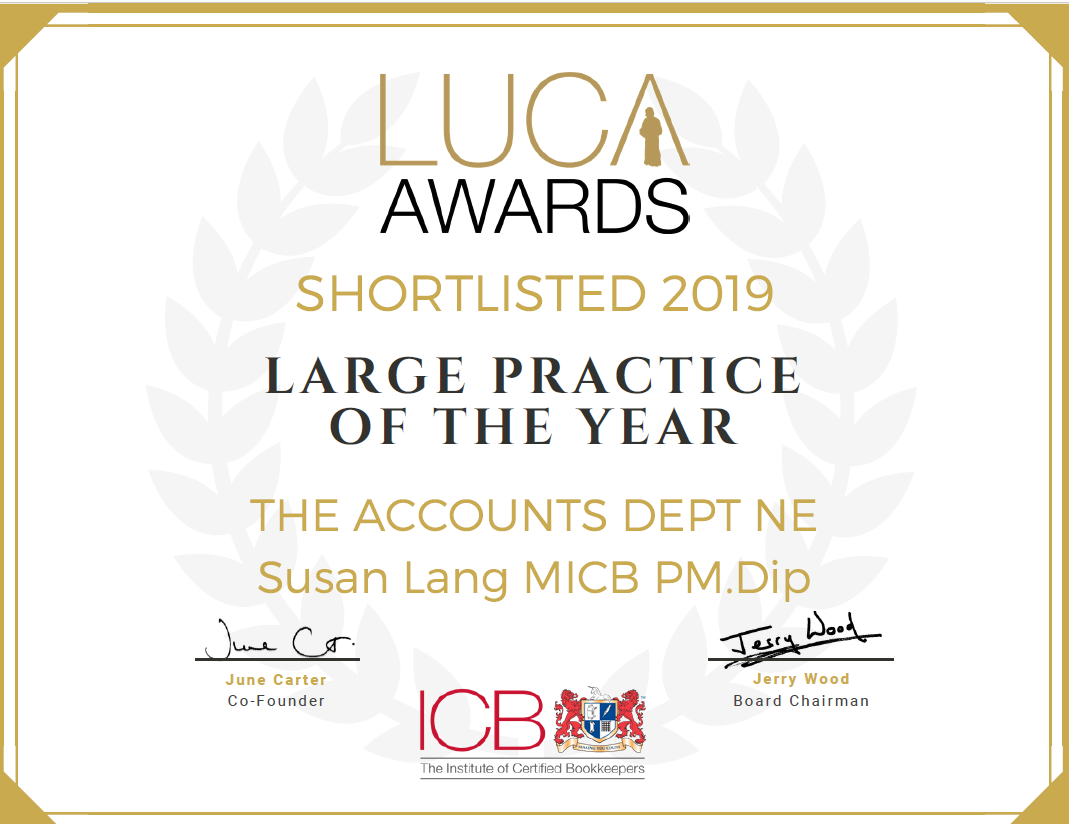|
Every month should start with a long weekend! We hope you all made the most of the bank holiday, and spent it doing something which makes you happy! 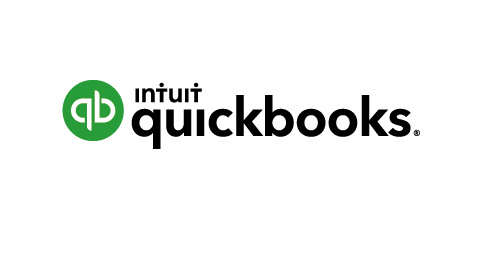 By now, all VAT registered businesses should have registered for Making Tax Digital, so that they are able to submit VAT returns electronically via software (i.e Quickbooks, Xero). If you haven’t yet done so, and would like some help with this, then please get in touch! It’s really important that this is done as soon as possible. HMRC are running live webinars covering the basics of MTD, if you submit your own VAT returns it may be worth taking a look. You can sign up to them here. If you do not yet use cloud accounting software - then get in touch! We can help advise which would be best for your business. We really advocate for Cloud Software as it can make a HUGE difference for small businesses. We have been fortunate enough to get access to some FREE Quickbooks training! If you're on Quickbooks; or interested in signing up, get in touch for a free onboarding session! A Quickbooks expert will explain step by step how to:
We really do believe that these sessions are invaluable and so beneficial to anyone using Quickbooks, we would highly recommend taking advantage of this rare opportunity for training at NO COST.
0 Comments
If you're on Quickbooks (or thinking about signing up) get in touch for a free onboarding session! |
|||||||
| vat_drc_flowchart.pdf | |
| File Size: | 152 kb |
| File Type: | |
Updates on the Coronavirus Job Retention Scheme
HMRC have been called on by the Chancellor to urgently direct financial support to whered businesses need it most. The first wave of this is the launch of the Coronavirus Job Retention Scheme.
Claims should not be made by phone, it will be an online service.
The Coronavirus Job Retention Scheme (CJRS)
In response to the coronavirus pandemic, the Chancellor announced a series of measures to support businesses and their employees. One of those measures is the CJRS, that allows employers to claim 80% of the wages of staff (up to a maximum of £2,500 per employee) that they have furloughed (been put on temporary leave).
HMRC is working at pace to deliver the service that will allow businesses to make a claim.
Businesses and Agents that are authorised to act on behalf of clients for PAYE matters, will be able to claim.
Service launch - the scheme should be ready to launch on 20th April 2020.
Businesses will need the following information on each of their furloughed employees:
If we are your Agent then we will go through this process for you - as soon as we are made aware that the process is ready to begin then our payroll team will submit claims for those staff that you have advised are to be furloughed. We will liase with you before submission is made.
HMRC are asking that you do not ring them with a query, get in touch with us preferably via email and we'll get back to you as soon as we can.
The latest guidance on CJRS can be found on GOV.UK by searching for 'Coronavirus Job Retention Scheme'.
HMRC will also be providing you with further information on our support for businesses and workers over the coming weeks, including more detail on the Coronavirus Self Employment Income Support Scheme.
We would like to thank you for your help to businesses at this time of national need. HMRC is working day and night, prioritising the need to get the financial support out to those who need it.
HMRC have been called on by the Chancellor to urgently direct financial support to whered businesses need it most. The first wave of this is the launch of the Coronavirus Job Retention Scheme.
Claims should not be made by phone, it will be an online service.
The Coronavirus Job Retention Scheme (CJRS)
In response to the coronavirus pandemic, the Chancellor announced a series of measures to support businesses and their employees. One of those measures is the CJRS, that allows employers to claim 80% of the wages of staff (up to a maximum of £2,500 per employee) that they have furloughed (been put on temporary leave).
HMRC is working at pace to deliver the service that will allow businesses to make a claim.
Businesses and Agents that are authorised to act on behalf of clients for PAYE matters, will be able to claim.
Service launch - the scheme should be ready to launch on 20th April 2020.
Businesses will need the following information on each of their furloughed employees:
- National Insurance number
- salary, National Insurance and pension contribution information that allows business to calculate the claim amount.
If we are your Agent then we will go through this process for you - as soon as we are made aware that the process is ready to begin then our payroll team will submit claims for those staff that you have advised are to be furloughed. We will liase with you before submission is made.
HMRC are asking that you do not ring them with a query, get in touch with us preferably via email and we'll get back to you as soon as we can.
The latest guidance on CJRS can be found on GOV.UK by searching for 'Coronavirus Job Retention Scheme'.
HMRC will also be providing you with further information on our support for businesses and workers over the coming weeks, including more detail on the Coronavirus Self Employment Income Support Scheme.
We would like to thank you for your help to businesses at this time of national need. HMRC is working day and night, prioritising the need to get the financial support out to those who need it.
Self-employed individuals are to be paid 80% of trading profits, up to £2,500 a month, to help them cope with coronavirus crisis. This will be based on figures for the last three years TRADING PROFIT up to £50k. It will cover those who earn a MAJORITY of their income from being self employed and they must have filed a 2019 tax return.
It looks as though the function to claim this grant is not going to be up and running until the beginning of June 2020. Meanwhile, the Chancellor is recommending that people apply under the Universal Credit system to get help straight away.
If you haven't filed your tax return for April 2019 then the Chancellor is giving extra time to get your return filed. So if you missed your deadline and still haven't filed you have the chance to catch up and still be eligible for this grant.
It looks as though the function to claim this grant is not going to be up and running until the beginning of June 2020. Meanwhile, the Chancellor is recommending that people apply under the Universal Credit system to get help straight away.
If you haven't filed your tax return for April 2019 then the Chancellor is giving extra time to get your return filed. So if you missed your deadline and still haven't filed you have the chance to catch up and still be eligible for this grant.
A furloughed employee is one who has been given a temporary leave of abscence due to the needs of an employer. This means a furloughed worker can return to work in the future and will get paid. The salary payment could be at 80% which the government are covering and it is up to the employer if they wish to cover the 20% to make up the salary.
The scheme is said to be going to run for 3 months from 1st March but they may potentially extend it. The maximum amount of time a worker can be furloughed is one year.
Specific Covid-19 plans..
If an employer cannot cover staff costs due to COVID-19, they may be able to access support to continue paying part of staff wages, to avoid redundancies.
If an employer intends to access the Coronavirus Job Retention Scheme, they will discuss with staff becoming classified as a furloughed worker. This would mean that employees are kept on the payroll, rather than being laid off.
To qualify for this scheme, employees should not undertake work for the employer while they are furloughed. This will allow the employer to claim a grant of up to 80% of wages for all employment costs, up to a cap of £2,500 per month.
As a payroll service provider we will be keeping you up to date with the latest developments and hope to find out exactly how to apply very soon.
The scheme is said to be going to run for 3 months from 1st March but they may potentially extend it. The maximum amount of time a worker can be furloughed is one year.
Specific Covid-19 plans..
If an employer cannot cover staff costs due to COVID-19, they may be able to access support to continue paying part of staff wages, to avoid redundancies.
If an employer intends to access the Coronavirus Job Retention Scheme, they will discuss with staff becoming classified as a furloughed worker. This would mean that employees are kept on the payroll, rather than being laid off.
To qualify for this scheme, employees should not undertake work for the employer while they are furloughed. This will allow the employer to claim a grant of up to 80% of wages for all employment costs, up to a cap of £2,500 per month.
As a payroll service provider we will be keeping you up to date with the latest developments and hope to find out exactly how to apply very soon.
Certifying absence from work
By law, medical evidence is not required for the first 7 days of sickness. After 7 days, employers may use their discretion around the need for medical evidence if an employee is staying at home.
We strongly suggest that employers use their discretion around the need for medical evidence for a period of absence where an employee is advised to stay at home either as they are unwell themselves, or live with someone who is, in accordance with the public health advice issued by the government.
If evidence is required to cover self-isolation or household isolation beyond the first 7 days of absence then employees can get an isolation note from NHS 111 online or from the NHS website.
What to do if an employee needs time off work to look after someone
Employees are entitled to time off work to help someone who depends on them (a ‘dependant’) in an unexpected event or emergency. This would apply to situations related to coronavirus (COVID-19). For example:
By law, medical evidence is not required for the first 7 days of sickness. After 7 days, employers may use their discretion around the need for medical evidence if an employee is staying at home.
We strongly suggest that employers use their discretion around the need for medical evidence for a period of absence where an employee is advised to stay at home either as they are unwell themselves, or live with someone who is, in accordance with the public health advice issued by the government.
If evidence is required to cover self-isolation or household isolation beyond the first 7 days of absence then employees can get an isolation note from NHS 111 online or from the NHS website.
What to do if an employee needs time off work to look after someone
Employees are entitled to time off work to help someone who depends on them (a ‘dependant’) in an unexpected event or emergency. This would apply to situations related to coronavirus (COVID-19). For example:
- if they have children they need to look after or arrange childcare for because their school has closed
- to help their child or another dependant if they’re sick, or need to go into isolation or hospital
Don't forget to sign up for our Newsletter for regular updates.
Author
Susan Lang - i'm not a budding writer but I will try my best :-)
Archives
June 2022
May 2022
April 2021
March 2021
February 2021
April 2020
March 2020


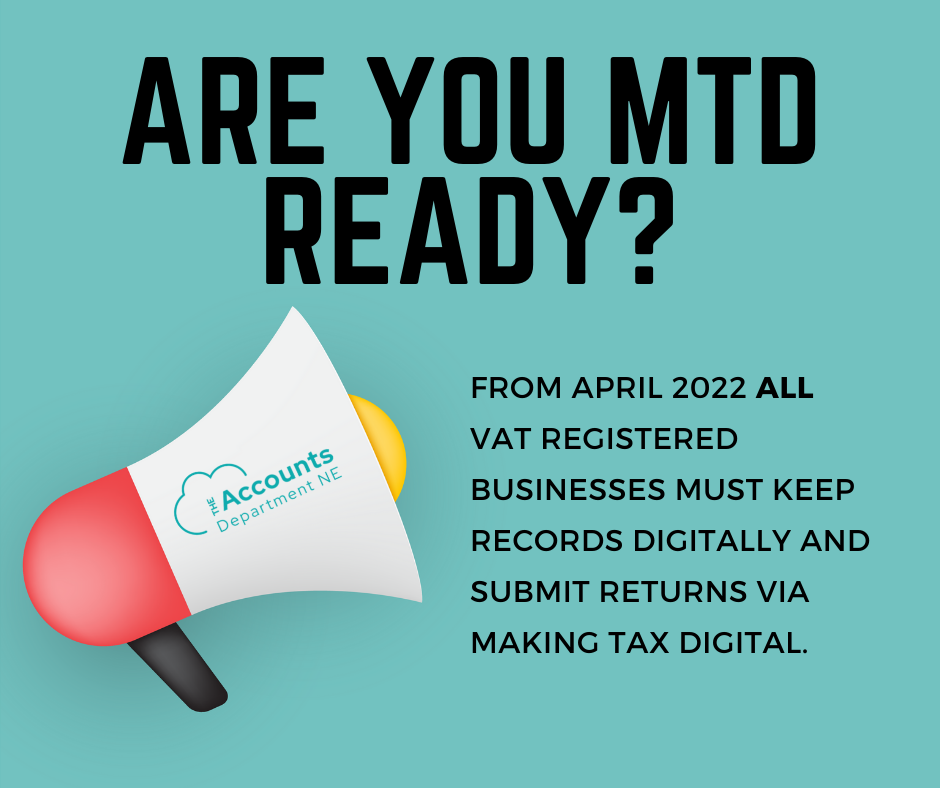
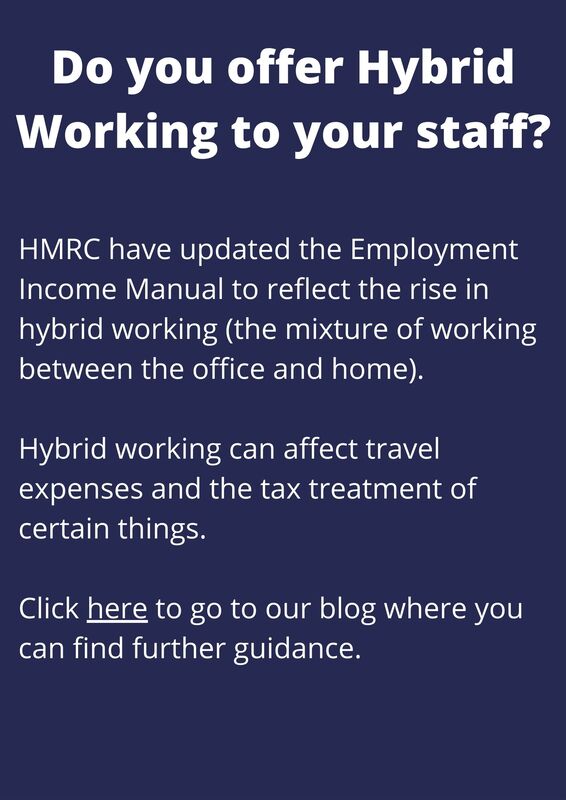
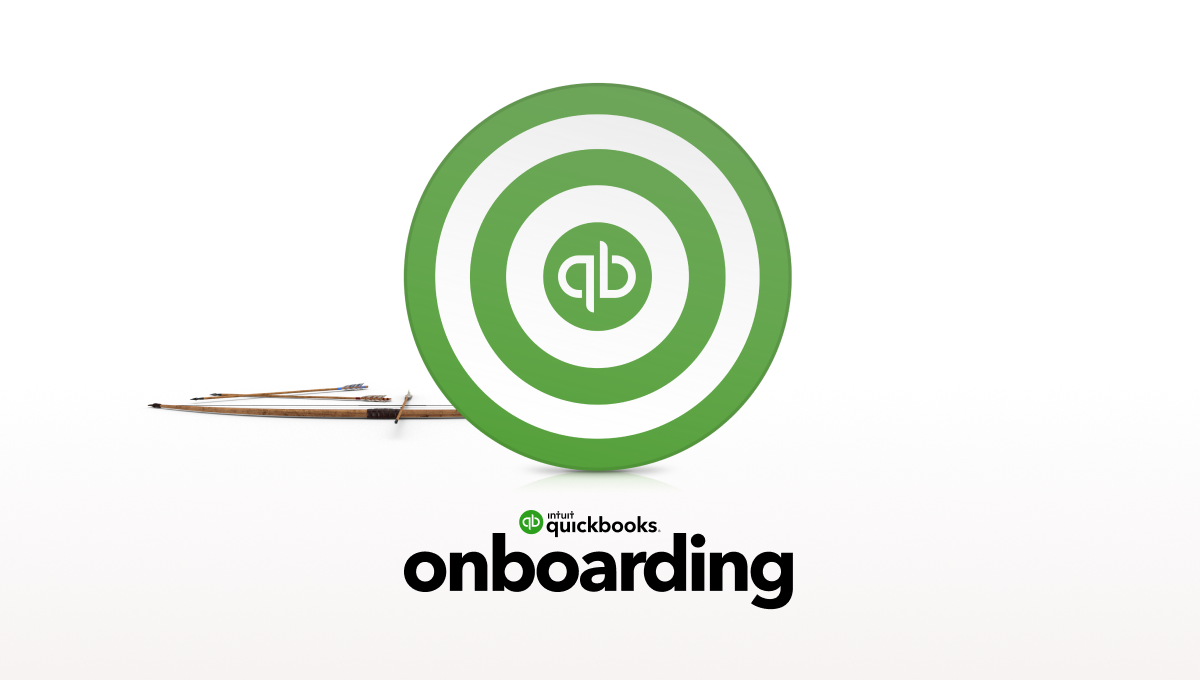


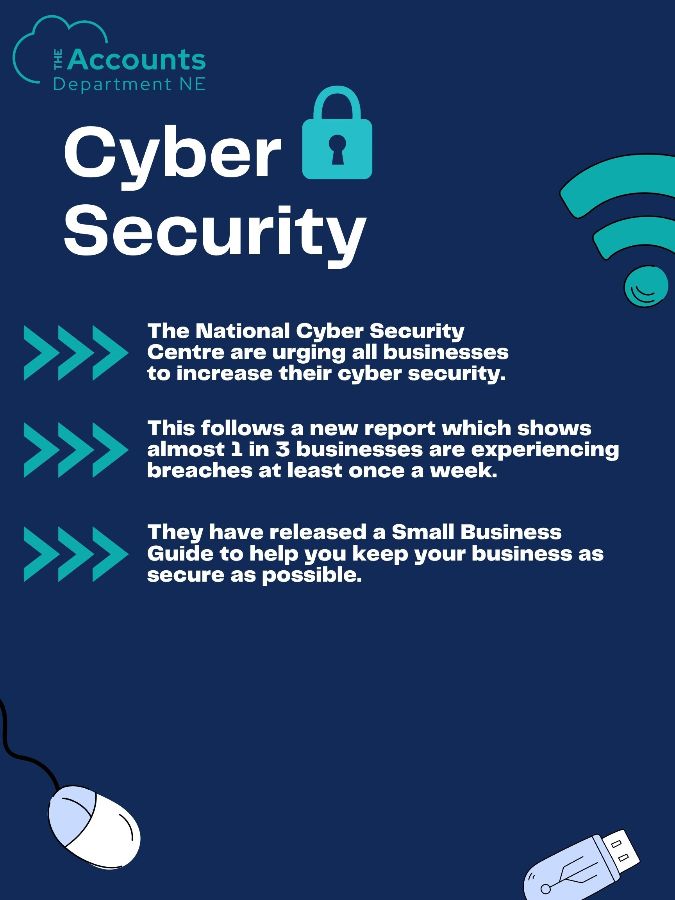

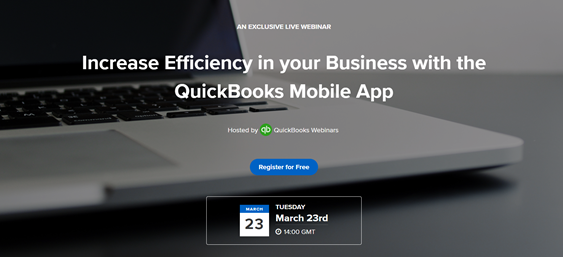
 RSS Feed
RSS Feed
